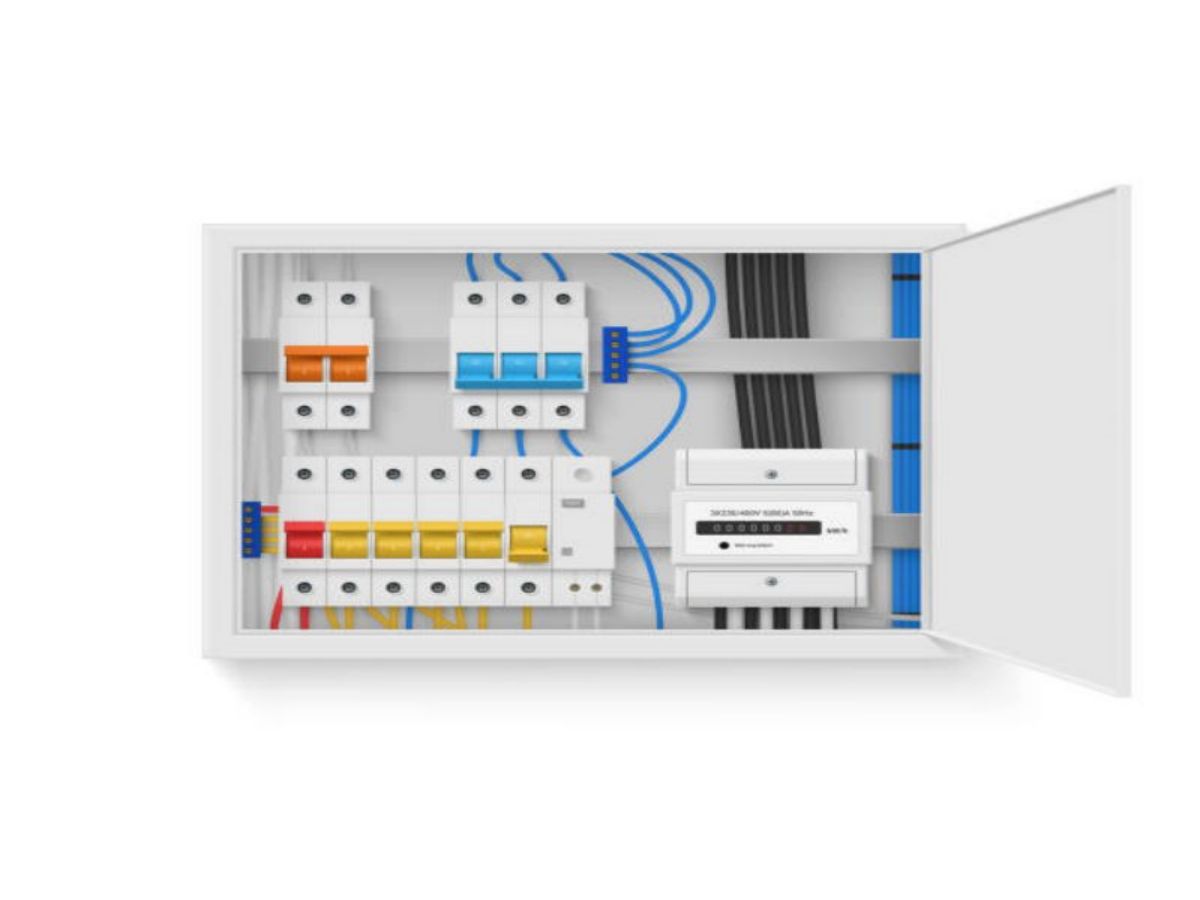Table of Contents

Introduction: Understanding the Importance of a Quality contactor
When it comes to electrical projects, selecting the right contactor is crucial. A contactor is an electrical device used to control an electrical circuit. It plays a vital role in ensuring the smooth operation of various electrical systems, from HVAC units to industrial machinery. This guide will provide you with a comprehensive overview of the different aspects to consider when choosing a contactor for your specific needs.
1. What is a Contactor and How Does It Work?
A contactor is an electromechanical switching device that allows or interrupts the flow of electrical power. It consists of a coil, movable contacts, and stationary contacts. When a current flows through the coil, it generates a magnetic field that pulls the movable contacts towards the stationary contacts, closing the circuit. The main advantage of using a contactor is that it can handle high current loads and control them remotely.
2. Types of Contactors Available in the Market
Contactors come in various types, each designed for specific applications. Some common types include:
- Definite Purpose Contactors: These contactors are designed for specific applications such as motors, lighting, and refrigeration units.
- Miniature Contactors: As the name suggests, these contactors are smaller in size and are commonly used in residential and light commercial applications.
- Power Contactors: Power contactors are heavy-duty contactors used in industrial settings to control large motors and other high-power devices.
- Reversing Contactors: These contactors are specifically designed to control the direction of rotation of a motor, making them suitable for applications such as elevators and conveyor belts.
3. Factors to Consider When Selecting a Contactor
Choosing the right contactor for your electrical project can be a daunting task. Here are some important factors to consider:
- Current Rating: The contactor should have a current rating that matches or exceeds the maximum current load of your electrical system.
- Coil Voltage: The coil voltage should match the voltage of your control circuit to ensure proper operation.
- Load Type: Consider the type of load the contactor will be controlling, such as resistive, inductive, or capacitive, as this can affect the contactor's performance.
- Environmental Conditions: If the contactor will be installed in harsh environments or areas with high humidity, choose a contactor with appropriate protection ratings.
- Size and Mounting: Ensure that the contactor's physical dimensions and mounting options are compatible with your installation requirements.
4. The Importance of Contact Material
The material used for the contacts in a contactor is crucial for its performance and longevity. Common contact materials include silver alloy, copper, and tungsten. Silver alloy contacts offer excellent conductivity and are suitable for low-voltage applications. Copper contacts are more cost-effective and can handle higher current loads. Tungsten contacts are highly resistant to arcing and are often used in high-voltage applications. Consider the specific requirements of your project to determine the most appropriate contact material.
5. Understanding Contact Ratings
Contact ratings indicate the maximum current and voltage that a contactor can handle. These ratings are essential to ensure the contactor can safely handle the electrical load. The current rating is usually specified as the maximum continuous current, while the voltage rating indicates the maximum voltage the contactor can withstand. It is crucial to select a contactor with ratings that meet or exceed your project's requirements to prevent overheating or premature failure.
6. Additional Features and Accessories
Contactor manufacturers often offer additional features and accessories that can enhance the functionality and safety of the contactor. Some common features include overload protection, auxiliary contacts, and surge suppression. Overload protection helps prevent damage to motors by tripping the contactor if the current exceeds a certain threshold. Auxiliary contacts allow for interlocking and control of other devices. Surge suppression protects the contactor from voltage spikes. Consider these additional features and accessories based on your project's specific needs.
7. Contactor Maintenance and Lifespan
Regular maintenance is essential to ensure the longevity and proper functioning of a contactor. It is recommended to inspect the contactor regularly for signs of wear, such as pitting or burning on the contacts, and clean them if necessary. Additionally, ensure that the contactor is properly lubricated and that all connections are tight. Following the manufacturer's guidelines and scheduling routine maintenance will help extend the contactor's lifespan and prevent unexpected failures.
8. Contactor Safety Considerations
When working with contactors, safety should always be a top priority. Here are some important safety considerations:
- Proper Electrical Isolation: Ensure that the power supply to the contactor is fully isolated before performing any maintenance or installation work.
- Use of Personal Protective Equipment (PPE): Wear appropriate PPE, such as gloves and safety glasses, to protect yourself from electrical hazards.
- Follow Lockout/Tagout Procedures: Implement lockout/tagout procedures to prevent accidental energization of the contactor during maintenance or repair work.
- Follow Manufacturer's Instructions: Always refer to the manufacturer's instructions and guidelines for safe installation, operation, and maintenance of the contactor.
9. Popular Contactor Brands in the Market
Several reputable brands manufacture high-quality contactors. Some popular brands include Eaton, Schneider Electric, ABB, Siemens, and Telemecanique. It is advisable to choose a contactor from a well-established brand known for its reliability and performance.
10. Conclusion
Choosing the right contactor is essential for the successful operation of your electrical projects. Consider factors such as current rating, coil voltage, load type, and environmental conditions when selecting a contactor. Pay attention to contact material, contact ratings, and additional features to ensure optimal performance and longevity. Regular maintenance and adherence to safety procedures are crucial for safe and efficient contactor operation. By following these guidelines, you can confidently choose the right contactor for your specific electrical needs.
